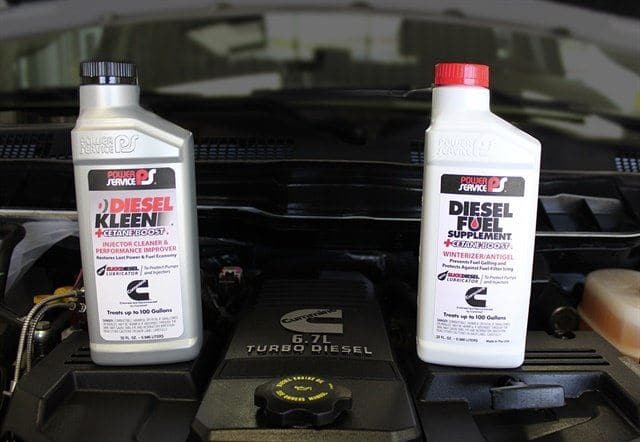Fuel additives supposedly improve your vehicle’s performance, whether that’s improving gas mileage, reducing engine wear, or helping it start easier. These additives can be in the form of liquids, beads, crystals, and even gels. The main idea is that they help your car run better, and some can help reduce the effects of gunk and varnish buildup.
The different types of additives fall into one of two main categories: those that claim to clean and maintain the fuel system and those that claim to improve the engine’s performance.
Contents
Different Types of Fuel Additives

Different fuel additives can provide you with better gas mileage, protect your car from corrosion, and even clean your engine. Some of them help you save on gas, while others clean your engine. Some will both clean your machine and save you gas. It is essential to understand that these are not all additives that help your car run better.
Fuel Stabilizers

Fuel stabilizers are a type of fuel additive. They extend the time that fuel can remain in storage without going bad or degrading in quality. Fuel stabilizers are also called octane boosters. Fuel stabilizers are supposed to be in conjunction with fuel additives that have additional functions (in other words, fuel additives that have multiple functions, as opposed to just being a fuel stabilizer). The products are easy to use and do not cost much money.
Fuel Injector Cleaners

Fuel injector cleaners and fuel system cleaners are both designed to solve the same problem. However, they work in very different ways. A fuel injector cleaner is a chemical product added to the fuel tank and will help remove the impurities inside the fuel injector. It will help remove any buildup that the fuel may have in the area and help prevent any further buildup in the future. On the other hand, a fuel system cleaner works throughout the entire fuel system and helps clean the whole fuel system.
Anti-Gel Diesel Additives

Antigel is a fuel additive to combat the effects of cold weather on diesel fuel and reduce gel formation. Diesel fuel is a petroleum-based fuel that is less dense than water and is composed of long carbon chains. As diesel fuel ages or is in colder temperatures, these chains bind together, forming a jelly-like substance known as a gel. The binding of these chains causes fuel pump filters to slow down and eventually clog and form a thick layer of gel that stagnates fuel flow. Antigel reduces the formation of fuel gel, preventing deposits and engine malfunctions from the gel formation.
So Do Fuel Additives Work?

The answer is yes, and no. It all depends on what you’re looking for; however, if your machine is already clean, additives will not clean it any further. Moreover, some additives pose more danger than dirty fuel. That’s why it’s essential to know what you need your power to do and what additives will help you get there.
The fact is, a lot of fuel additives work for a lot of people. But, they don’t work for everyone. But, we do all need to understand why. Several factors come into play when it comes to personal fuel additive use.
Conclusion
Fuel additives can be a helpful way to improve your car’s performance, but you need to be concerned about what you buy, as with any product. If you don’t read the label closely and do some research, you may end up with a product that doesn’t work or, worse, causes damage to your vehicle. To guarantee you get the right product, visit a specialty car store or auto store, where you can talk to a representative and read the label for yourself.


